
2017, it’s fair to say, was a tumultuous year for cinema, or rather Hollywood cinema. Titans of the industry came crashing down under the force of a welcome sea change; Harvey Weinstein and Kevin Spacey, to name 2, should not feature in the cinematic landscape this coming year.
2018, then, will be a key year for cinema going forward, but judging by the upcoming releases we know about, there is much hope. It will be a banner year for blockbusters, with the Han Solo Star Wars spinoff arriving in May and the much-anticipated Avengers: Infinity War expected at the end of the year.
Outside the big box office hitters, there are welcome returns from many auteurs who have taken a few years out; other new filmmakers of recent note are not resting on their sudden success and are aiming to win acclaim and plaudits again.
The following list features 10 of the most exciting releases for cinema lovers, followed by a few honourable mentions. It’s certainly looking like a strong year.
10. Sunset
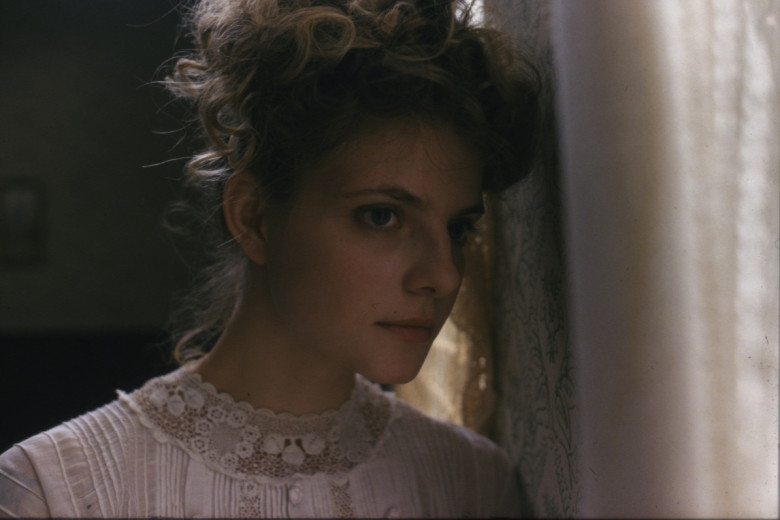
Laszlo Nemes created one of the most ambitious and assured debut features in 2015 with Son of Saul. It was a portrayal of the Holocaust in a new and unflinchingly raw way. This time round his focus has retreated to the First World War: set in Budapest a year before the outbreak of war, a young orphan finds out that she has a brother, which soon leads to dark, uncovered secrets.
Nemes has described the film as both a coming-of-age film and a thriller, and the mixing of these two genres should make for interesting viewing. That Nemes didn’t seek out opportunities abroad after the discovery of his singular vision in Son of Saul speaks to the director’s ideals.
Nemes feels like a filmmaker who knows what he wants to shoot and write about. Son of Saul won both the Grand Prix at Cannes and the Best Foreign Language Oscar so expectations will naturally be high for this film; that his co-writer and cinematographer from the Son of Saul are returning also gives hope that these can be matched.
9. If Beale Street Could Talk
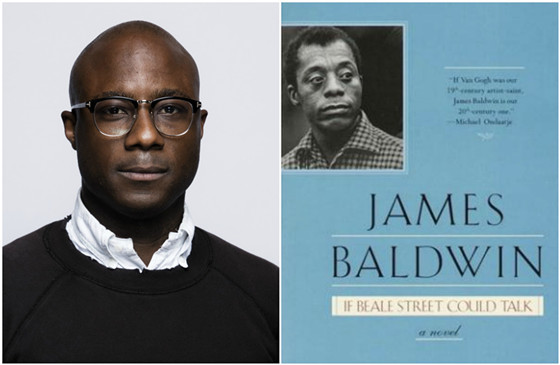
It was a travesty that it took eight years for Barry Jenkins to be given the opportunity to follow up his debut feature, Medicine for Melancholy (2008), but when the poetic masterpiece Moonlight (2016) finally arrived, it was worth the wasted years.
Luckily, he hasn’t needed to wait quite as long to follow that film up: his long-discussed adaptation of James Baldwin’s novel of the same name received the necessary funding with no hesitation after the acclaim and awards lavished on Moonlight. It feels like the perfect combination of source material and director.
Jenkins has clearly long been a fan of Baldwin, and the great African-American writer has been prominent in cinema recently, with the excellent documentary I Am Not Your Negro released in 2016. The story of a pregnant woman in Harlem who desperately searches for the needed evidence to absolve the father of her unborn child of the rape he’s been falsely accused of, it’s another narrative like Moonlight’s replete with challenging and powerful details.
The cast doesn’t feature any star performers like that previous film, too, allowing hopefully for the discovery of more new acting talent. Perhaps most importantly, the man responsible for the haunting visions of sea and city in Moonlight, James Laxton, is returning for this film; his star firmly risen like his partner director. One hopes that Jenkins can prove that Moonlight wasn’t an isolated incident, that a new minority voice of note and power has been discovered; If Beale Street Could Talk may be the picture to do just that.
8. Widows
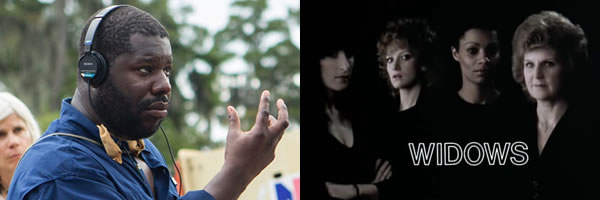
Steve McQueen has garnered a rightful reputation as an auteur of weighty arthouse pictures. His first 3 feature films looked at, in order: a hunger strike for political reasons in 1980’s Northern Ireland; alienating sex addiction; and the slave trade in 1840’s North America. His consistency in making such powerful films based on controversial subject matters is what makes the choice for his next piece quite surprising.
This year’s Widows is a heist thriller about the widows of 4 killed armed robbers who decide to finish the job their husbands couldn’t complete. It’s based on an obscure British television drama from 1983. It will be mightily interesting to see what McQueen gathers from this source material and what he moulds it into.
It’s notable that Gillian Flynn is co-writing the screenplay: her screenplay for Gone Girl (2014) based on her own novel was one of the strongest thriller films in recent memory. That time she worked with David Fincher, a master of suspense and thrillers; what McQueen’s art and style sensibilities bring to the narrative will decide its success. If nothing else, Widows finally presents the chance to see Viola Davis as an armed criminal.
7. Roma
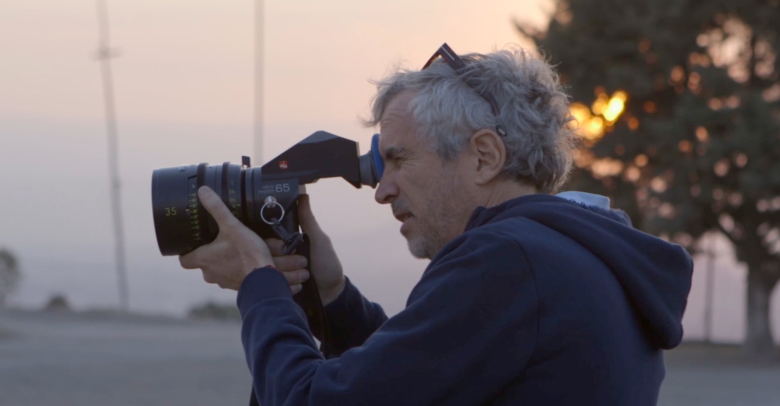
Alfonso Cuarón has been at the forefront of Hollywood filmmaking during the 21st century, with films like Children of Men (2006) and Gravity (2013) earning high praise and high awards. It will be refreshing for audiences, and for him too, to return to his roots and his home country for his latest film. The last time he made such a move was in 2001 with the rejuvenating experience of Y Tu Mamá También (2001), the classic Mexican road trip drama.
Everything about the project feels like calculated to be a welcoming release for Cuarón. Focusing on a year in the life of a middle-class Mexican family in Mexico City in the 1970’s, it features a small, unknown cast and no discernable genre; it couldn’t be further from the grand spectacle of 2013’s Gravity.
That’s not to say that it’s merely an inconsequential indie film, however: it’s been shot on 70mm for one thing, and its story seems like it could be very personal for its creator. Expectations will be lowered for Roma, but director’s at Cuarón’s level are fully deserving of the opportunity to make personal projects like this. When the magnitude of Hollywood productions are removed, it gives us the chance, hopefully, to learn more about the people behind these films.
6. First Man
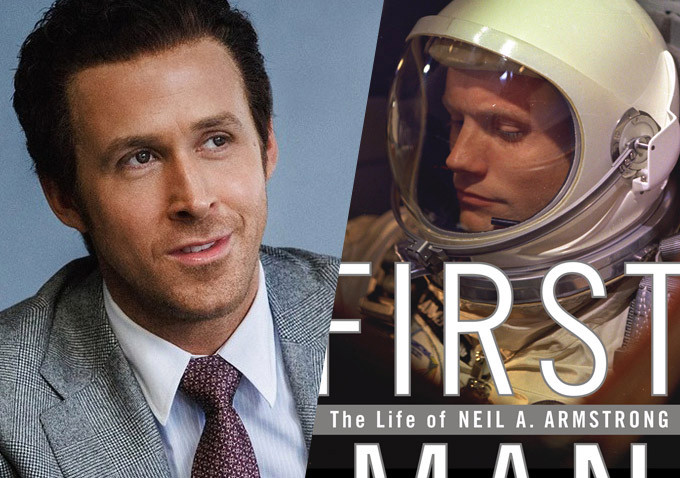
After the runaway success of 2016’s inescapable La La Land, Damien Chazelle, the youngest Academy Award Best Director Winner ever, at 32, would have had Hollywood at his feet. After the ambitiousness and size of his previous effort, a love letter to musicals and Hollywood, perhaps it’s less surprising that the director has ventured into space in search of new material.
First Man is a biographical drama, based on the book of the same name, about the life of astronaut Neil Armstrong. It will focus on the true story of NASA’s mission to land on the moon, and how Armstrong became the first man to set foot on the alien surface. Chazelle is reuniting with La La Land‘s Ryan Gosling, hoping this will yield similar results; perhaps also a sign that this won’t be a straight biopic with such a ubiquitous star appearing as Armstrong.
There are similarities here with Steve McQueen and his Widows project: in all his previous work, Chazelle has explored musicality, be it Hollywood’s love affair with musicals in La La Land, or drumming in contemporary jazz in 2014’s Whiplash. Shorn of this aspect, it will be interesting to see how far Chazelle’s directing talents extend.